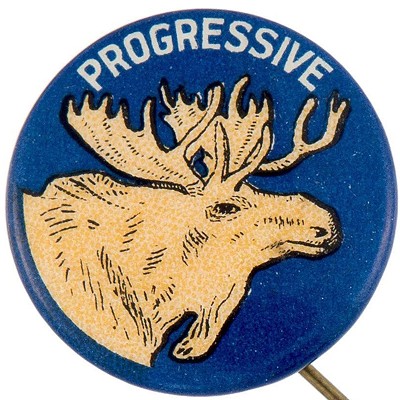by LUKE BAUMGARTEN & r & & r & Film Follows Dysfunction & r & & r & It's hard to know, sometimes, who my audience is. In the year and a half I've been writing it, Bomb Garden's turned into an odd beast. With the rest of the Music section devoted to the art of music, this has become one small regular space to discuss the business of music. Being so far from the centers of music-biz power, and having relatively few career musicians in town, I often ask myself to whom I'm writing this column.
The answer comes from strange places.
Last Thursday I was asked to speak to a society of North Idaho film professionals (knifves.org) about the state of film criticism. It began, with a lot of nice filmmakers tactfully asking me and the other two panelists (Spokane Public Radio's Bob Glatzer and Tyler Wilson of the Coeur d'Alene Press) what the hell right or qualifications we had to pass judgment on their films. Our answers (Glatzer was a director in another life, Tyler and I have no credentials other than the checks we cash) seemed to more or less satisfy them, and talk turned to the Internet.
Someone asked if I was afraid the Internet was going to take my job, if the multitudes of unpaid, citizen opinions on the Internet were going to lead eventually to the death of the print critic. I said, yes, I thought print was going to eventually die and most journalists and critics would find themselves in a radically different environment -- one whose transactions and interactions happen almost entirely online and that had fewer and fewer steady sources of income. I likened it to what's already happening in music.
The next question was obvious: What about the film industry itself? I painted a picture as best I could with the colors I had before me. The collapse of the music industry happened first because with '90s technology it was easiest to transfer small chunks of audio that could be easily ripped from CDs that had basically no copy protection. As technology increases, we'll see it happen in film, too, with pirates chipping away at studio and theater profits, fewer people going to the multiplexes and ultimately another radically changed industry.
I don't know if the talk will send more readers my way, but it seemed clear as I left that some 80 North Idaho filmmakers had taken a sudden interest in the state of the music industry.
Bomb Garden
[
{
"name": "Broadstreet - Instory",
"component": "25846487",
"insertPoint": "4",
"requiredCountToDisplay": "4"
},{
"name": "Broadstreet - Empower Local",
"component": "27852456",
"insertPoint": "8",
"requiredCountToDisplay": "8"
},{
"name": "Broadstreet - Instory",
"component": "25846487",
"insertPoint": "12",
"requiredCountToDisplay": "12"
},{
"name": "Broadstreet - Instory - 728x90 / 970x250",
"component": "27852677",
"insertPoint": "18",
"requiredCountToDisplay": "18"
},{
"name": "Broadstreet - Instory",
"component": "25846487",
"insertPoint": "5th",
"startingPoint": "23",
"requiredCountToDisplay": "24",
"maxInsertions": 100
}
]















